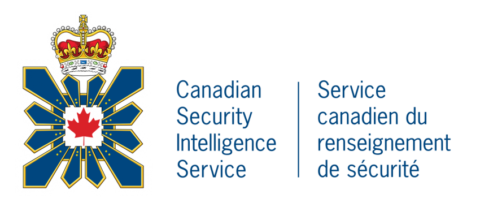In The Line, Philippe Lagassé writes about Canada’s remarkably non-transparent approach to classified information and the very limited ability of our elected representatives to see anything the government chooses to deem “a secret”:
Institutions are tough to change, Canadian institutions especially. But change is possible. Gradual change can happen when we reinterpret existing rules or add new ones on top of old ones that are deeply entrenched. In other cases, a crisis happens that leads to rapid and significant change. These crises either destroy old ways of doing things, or they open a window of opportunity to shake things up. Revelations of Chinese interference in Canadian elections, and David Johnston’s first report on the matter, have opened one of these windows when it comes to Parliament and classified information.
Two sets of Canadian parliamentarians have access to classified information: Privy Councillors (though usually only those currently serving as ministers of the Crown), and those who sit on the National Security and Intelligence Committee of Parliamentarians (NSICOP). In both cases, they have access to classified information in an executive capacity, not their parliamentary capacity. Put differently, they have access to this information by virtue of an executive office they hold in addition to their parliamentary one. Parliament doesn’t have a body that has access to classified information, nor do parliamentarians have access to that information unless they hold an executive office.
Keeping classified information squarely within the executive, or in limited cases within the judiciary, reflects deep-seated Canadian pathologies. As our pathetic Access to Information system highlights, the Canadian government over-classifies things or deems too many of them subject to cabinet confidence. Rather than having a culture of transparency, we have a culture of secrecy. This secrecy culture exists for a number of reasons. Public servants don’t want their ministers to be embarrassed. Information is power within the bureaucracy and giving it out easily diminishes its value. Risk aversion is rewarded and admitting failure is frowned upon. We can’t disclose anything that might rub an ally the wrong way. The list goes on.
Above all, though, Canadian government encourages the strange notion that our secrets are super-super-secret. What do I mean by that? When you look at our allies, Canadian is an outlier in terms of what we disclose and to whom we disclose it. Canadian officials have convinced themselves that they are applying a well-established set of norms around classified and sensitive information, when in fact we’re an outlier. This is particularly notable with it comes to sharing national security information with Parliament.
In the United Kingdom, there’s a statutory committee of Parliament that has access to classified information, called the Intelligence and Security Committee. Since the United Kingdom’s Public Accounts Committee is also expected to oversee all the government’s spending, the chair of that committee has had access to classified information as well to review secret agency budgets. Australia has a similar committee, the Parliamentary Joint Committee on Security and Intelligence. This is a very active and important body. It allows Australia to regularly update its national security legislation to meet new threats and to ensure that the powers conferred on the executive are not abused. New Zealand has a parliamentary Intelligence and Security Committee, too. The Kiwi committee is a bit of an odd duck, since it’s chaired by the prime minister and has the leader of the official opposition as a member. Given that New Zealand is probably one of the most zealous countries when it comes to government transparency, though, it isn’t too surprising. They release stuff that would lead the Privy Council Office to have a collective head explosion if we did the same.




